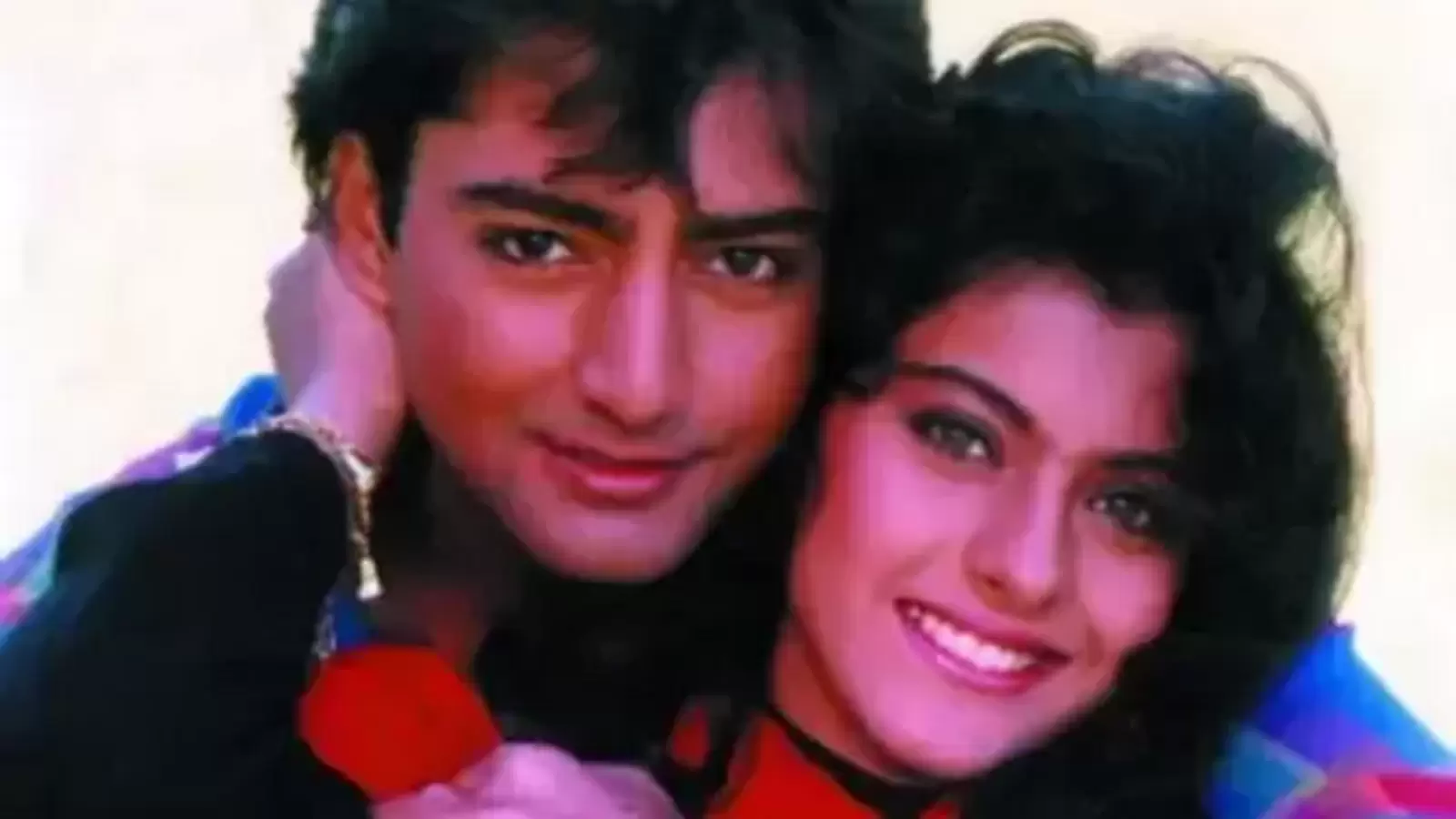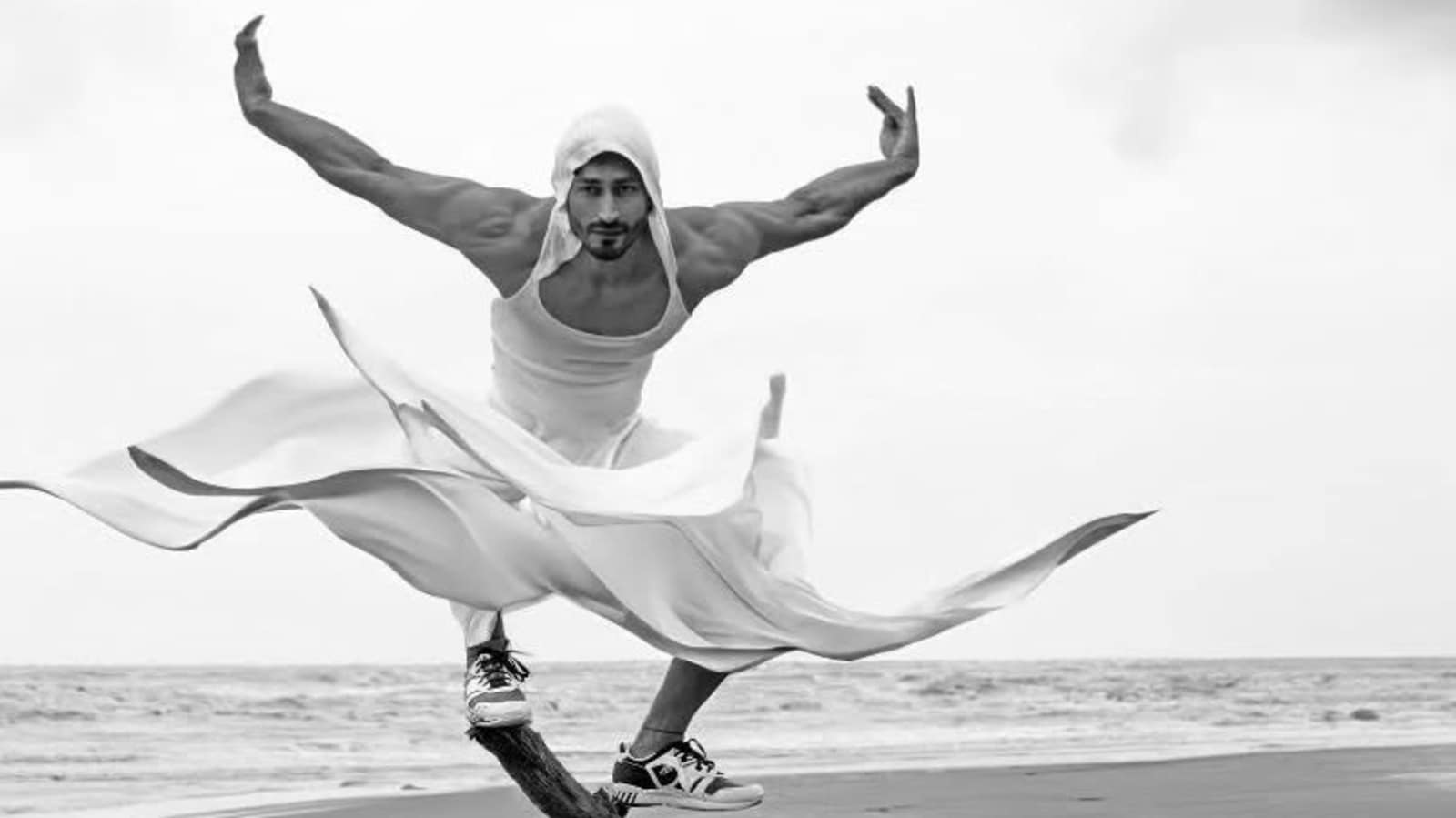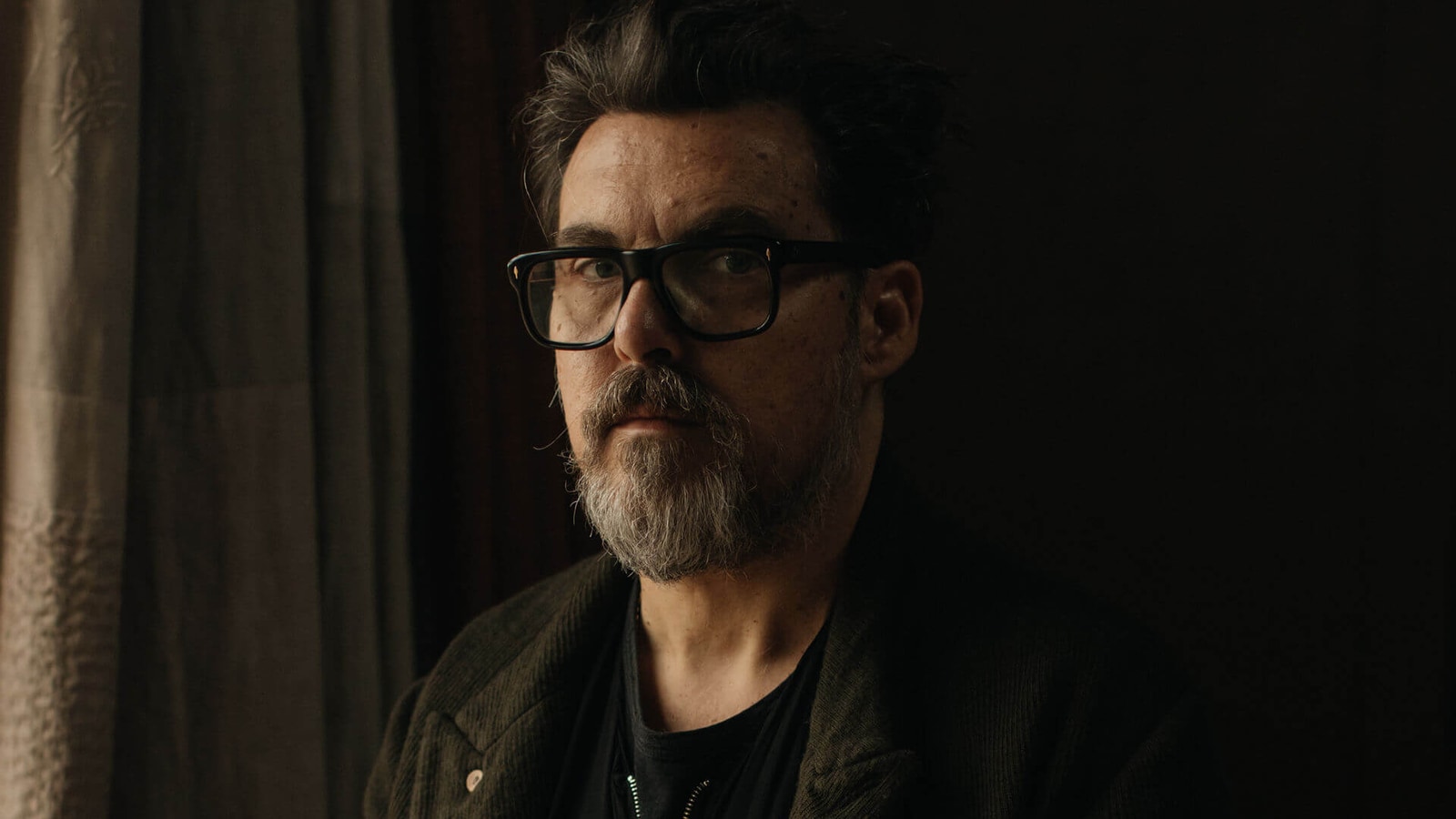Joe Wright is no stranger to period dramas, having delivered films like Pride & Prejudice (2005), Atonement (2007), and Anna Karenina (2012). He is also no stranger to making projects revolving around controversial historical and political figures, with the drama Darkest Hour (based on Winston Churchill’s life and times) in his oeuvre. But with Mussolini: Son of the Century, he is challenging himself anew.

The eight-episode show takes on the founder of fascism with a blunt, frantic force and dives into his psyche with innovative technical skill. Based on the 2018 novel M: Son of the Century by Antonio Scurati, the show stars Luca Marinelli as Benito Mussolini and chronicles his political and personal concerns. In an exclusive interview with Hindustan Times, the Academy Award-nominated writer and director opened up about his interest in the subject, the provocations it demanded, and more.
‘He was really someone who was interested in control’
In the show, Mussolini is introduced directly, as he confronts the camera, breaking the fourth wall. Joe talks about that decision and adds, “We really talked a lot about addressing the camera, and who he was addressing to… We had these grand ideas that he was talking to history, or he was talking to his soul. In the end, we sort of came back to something really simple, that he was really talking to the audience. The viewer. The person watching the television, the screen. He was really someone who was interested in control, and he was intent on controlling his own narrative.”
He continues, “As the show progresses, he loses control of his own narrative. It slips away from him. By the eighth episode, things are unravelling faster than he can control, and so that seemed an interesting depiction of power. At first, a lot of these toxic, male, power-hungry characters think that they can control everything. In fact, what they discover is that as the power grows, they gain less and less control. The narrative kind of takes over.”
The director shares how the project came to him. “It was 2021, when I was talking to Lorenzo Mieli, the great Italian film producer, who said if I would be interested in doing this project about Mussolini,” he adds. “I said I would only be interested in doing it if I were to do all eight episodes. I was not interested in just setting it up and walking away.”
Joe reveals how the word ‘fascism’ and its meaning evolved as he grew up. “When we were kids, we branded the word ‘fascist’ a lot, without ever understanding what it meant. As teenagers, the police were fascist, the school teachers were fascist,” he says. “But we didn’t really know what that word meant, and then as we emerged into the public consciousness… it felt important to understand where it came from. What it really meant, what were the root causes of it, what were the implications moving forward… and so it was really a study of that word and the man who created that word.”
‘Fascism is not about anything; it is against everything’
The show makes the contrast between fascism and socialism in the very first episode, where socialists are described as those who are merely waiting. They never act. When asked if he thinks fascism as an idea also thrives, and continues to do so, with this aggressive notion of confrontation, Joe says, “Yeah, it is. At one point in the show, Mussolini also says that fascism is not about anything; it is against everything. It is the force that works in the contrary. It is a negative force; it is against. I think that the question of why the socialists would discuss and not often act is because they have a conscience. Possibly, or at least some of them! Whereas Mussolini freed himself from that conscience and was able to work from an entirely amoral position. Which does mean that one gets things done, but unfortunately, a lot of people suffer in the course of that action.”

‘Luca Marinelli is a complete genius!’
Italian actor Luca Marinelli, who plays Mussolini in the show, delivers a tremendous performance. Joe went on to talk about their collaboration and said, “He looks nothing like Mussolini! Yet he is, I think, a complete genius. I would rather cast the most talented actor than someone who looks the closest to Mussolini. He has this incredibly powerful imagination, and if he imagines something, then the audience imagines it too. So very quickly, we suspend our imagination and enter Luca’s imaginative world. For me, that was thrilling. He was an extraordinary collaborator and, honestly, one of the nicest guys one would likely meet. He is far from Mussolini, in the sense of that toxic masculinity as one could possibly imagine. It turned into a very, very close and loving collaboration.
The director goes on to expand on his initial approach to the subject and how it needed an energy to its proceedings. “What one really does is start with the themes of a piece. What the show is about, and here, the form of the show is guided by the themes,” he says.
“Here, the themes are violence and toxic masculinity politicised to become fascism, so it needed that kind of energy. Researching as it did, the kind of cultural world around Mussolini, I was looking a lot at futurism. So futurism has this propulsive energy coming out of the First World War… the first mechanised machines were going to save the world. It was just in a way people felt the same way about computers.”
‘The concerns of the populace that time- just as now- are legitimate’
He goes on to add how his collaboration with Tom Rowlands of The Chemical Brothers, who scored this show. “So the kind of aesthetics of futurism seemed to be mirrored by the Techno Brothers’ music, with whom I have had a long collaboration. Once I made that musical choice, the visual aesthetics kind of fell into place. So yes, a lot of it was guided by that musical choice.”
Has making the show given the director any new insight into how fascism as a concept has managed to seep into contemporary global politics? Joe says, “Yeah. I feel like I went through a period in my thirties when I became less interested in politics. I gained that interest back during Brexit in 2016, when I suddenly felt the responsibility to get to grips with what was going on in the world.”
“What Mussolini did was, he invented far-right populism. What he did with his newspaper sort of went that way. The concerns of the populace that time- just as now- are legitimate. But then he took those legitimate concerns and exploited them to his own ends. We see that happening around the globe now. So the parallels of it look different, but the roots are the same,” he concludes.
Mussolini: Son of the Century releases on Mubi India on September 10.












